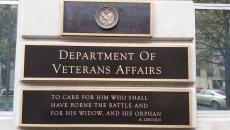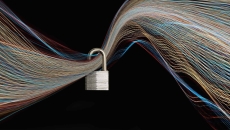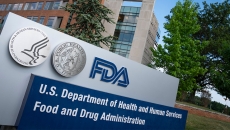Andrea Fox
The revised bill now leaves out provisions that would have increased Congressional oversight over the VA's EHR modernization partnership with Oracle, which is set to restart in 2025.
In its FISMA review for FY 2024, the watchdog agency said that the U.S. Health and Human Services was unable to meet managed and measurable maturity for core metrics.
The effort aims to accelerate the London Clinic’s infrastructure improvements and growth ambitions while building on Northwestern's world-renowned expertise to help enhance patient care.
The goal is to give imaging providers a source for analytics on how their clinical artificial intelligence applications are operating over time.
The third extension of pandemic-era telehealth flexibilities through the end of next year will give the agencies time to promulgate final regulations and providers time to comply, the agencies said.
In a letter to the FDA, members of Congress cite confusion over providers' deployment of clinical decision support software that is exempt from medical device regulations and call for clarity from its Center for Devices and Radiological Health.
The agency is proposing telehealth access grants to establish fixed, secure environments outfitted with reliable internet and secure video that connect veterans hobbled by the digital divide to health services.
The Administration for Strategic Preparedness and Response will be surveying agencies to assess the readiness of state, local, tribal and territorial public health organizations to manage cyber threats and gauge their needs for support.
By partnering with Meharry Medical College, the cloud giant says it aims to enhance community care and wellness in Middle Tennessee with AI and clinical applications, spark health innovation and cultivate workforce skills.
The new Veterans Community will support veteran workforce development and transition to civilian life for former members of any branch of the U.S. military and their spouses.










